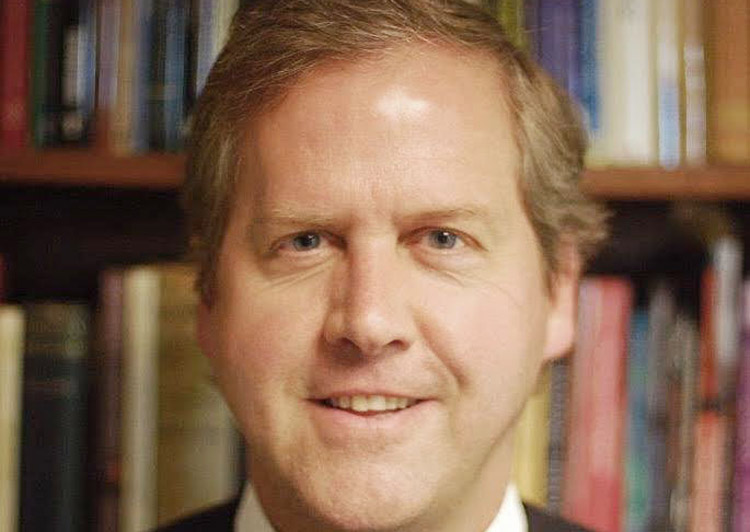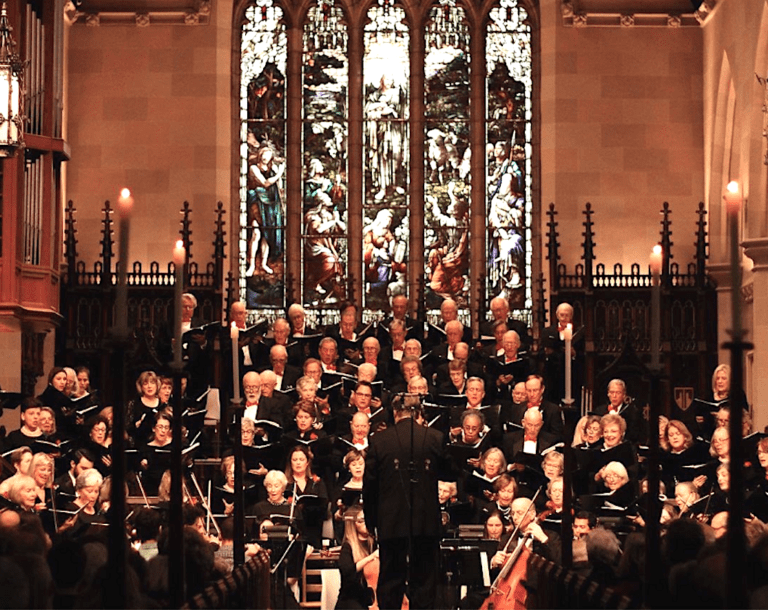
By Marek P. Zabriskie
Perhaps you know Pieter Brueghel’s great painting “The Numbering in Bethlehem,” in which the Flemish painter places the story of the nativity in the daily life of his own time. The scene is a sixteenth-century Flemish village covered in the ice and snow of winter.
As your eye moves around the painting it sees all the variety of village life: logs being cut, hogs being butchered, a cask of ale being tapped, chickens in the dirt, children skating on a frozen canal, men and women having fun and spilling out the door of a local tavern.
At first that is all you see, until finally your eye lands upon two tiny figures in one corner: a woman on a donkey being led by a man. And that is how God so often comes into our lives – almost unnoticed and in disguise of humans like us. The mystery and meaning of Christmas is that the infinite God stooped so low to humble Himself by taking on human flesh and living as one of us and entering our busy, complicated and often tawdry lives.
The purpose of religion is to train us how to see the world in a new and amazing way from the perspective of the Creator of all. While the world goes busily about its task – working, playing and celebrating, quietly and almost hiddenly, God comes to dwell with them. It’s so very ordinary. The figures in Brueghel’s painting are dressed in modern clothes.
God enters our less than perfect nations, less than perfect communities and less than perfect families. Jonathan Sacks, the Chief Rabbi of Great Britain, wrote an important book about the unraveling of nearly all structures of morality in Western societies, and at the root of the problem, he says, is the collapse of the family.
He notes that the family has been in decline for decades now, and this has happened in the name of the rights of each of us to plot our private paths to happiness undistracted by the claims of others. We have, he says, divorced sex from love, love from commitment, marriage from having children, and having children from the responsibility for their care.
More than thirty percent of all American children are now born to unmarried mothers; the newest generation is also a fatherless one. On every side the family is assaulted by TV, movies, and advertising that seems to hold out few if any models of decent families trying to raise children in some moral and spiritual framework.
Many young couples now speak about wanting to “expose” their children to religion. I ask them, “Are you exposing your children to education? Do you force them to go to school at least once a month so that you can say that you exposed them to education and when they are twenty they can decide whether or not they would like to be educated? Do you expose them to a healthy meal once a month, but otherwise allow them to survive on snack food?” Of course, not. We make education and eating healthily a regular practice.
One of our roles as parents and grandparents is to shape the spiritual lives of our children and grandchildren and to raise them with a religious identity and a spiritual outlook on life. As Christians, this outlook teaches us that God so loved the world that he entered it and became like one of us in order that we might become more like Him. God is love, and God personifies joy. So, why not raise our children in a school for love and joy, which is what the Church is?
The only way to do this is to make practicing our faith a daily reality and participating regularly in a faith community. Christian love and joy are always a shared joy. Our faith is discovered and lived out in and through a faith community striving to see God in the ordinary and share God’s love with others.
When Christmas is over, comes the really significant work of Christmas and Christianity. Howard Thurman summed it up in a poem:
When the star in the sky is gone,
When the Kings and Princes are home,
When the shepherds are back with their flocks,
The work of Christmas begins:
To find the lost
To heal the broken
To feed the hungry
To release the prisoner
To teach the nations
To bring Christ to all
To make music in the heart
The Rev. Marek P. Zabriskie is the Rector of Christ Church Greenwich.




